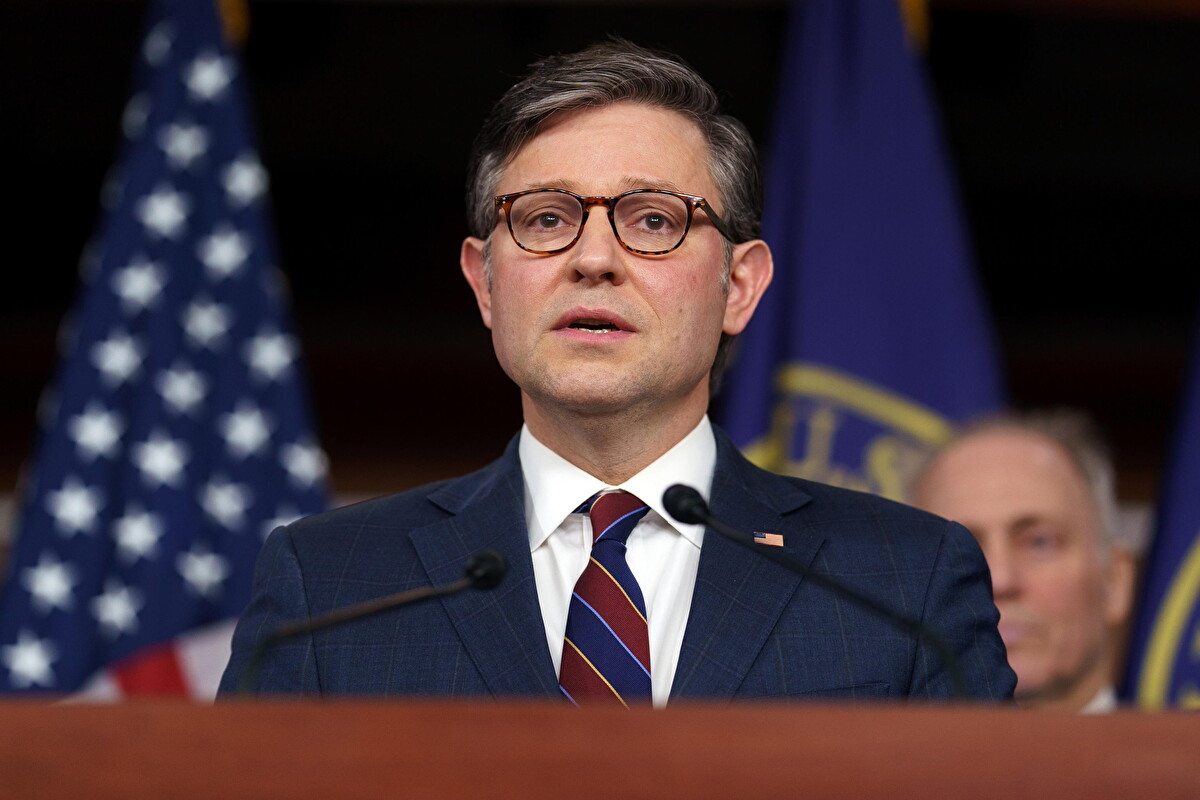On June 16, law students and professors from the University of Denver will visit the Museo Civico Filangieri in Naples to examine the letters exchanged between the Neapolitan Enlightenment philosopher Gaetano Filangieri and the United States Founding Father Benjamin Franklin. Karen Schinnerer, Press and Culture Secretary at the US Consulate General in Naples, and Professor Antonio Giordano, member of the Board of Directors of the National Italian American Foundation, will also take part in the visit, along with law students and professors from the University of Naples Federico II. But how did that correspondence start and why is it still of interest 240 years after its beginning?
“Our Franklin … informed me of his desire to read your work … and has already told me that he finds your ideas expressed with ‘great clarity and precision’ … he also asked me to tell you that he is looking forward to reading the book dealing with criminal law … Therefore, write with good ink, as you will be of service to a whole nation, which has taken its place among the other nations that have covered the face of the universe for many centuries.”
With these words, on September 11, 1781, the Neapolitan diplomat Luigi Pio informed Filangieri of Franklin’s interest in reading his masterpiece, The Science of Legislation, whose first two volumes had been published one year earlier in Naples. Franklin was in Paris serving as ambassador to the court of Louis XVI on behalf of the United States of America. Luigi Pio’s letter paved the way for a well-known correspondence between Filangieri and Franklin, which lasted from 1782 to 1787, the year of the Philadelphia Convention and of Filangieri’s the untimely departure.
Several scholars have focused on the influence of Filangieri’s thought on Franklin’s and, through the latter, on the framing of the American Constitution. Indeed, in his last letter to Filangieri, dated October 14, 1787, Franklin, then President of the State of Pennsylvania, sent Filangieri a copy of the United States Constitution as a token of his gratitude for Filangieri’s “invaluable Work”, which, in turn, had been inspired by the principles and ideals of the American Revolution.

The Filangieri-Franklin correspondence thus symbolizes the starting point of a discourse between Italians and Americans on certain shared values, which were examined in The Science of Legislation and are still relevant nowadays.
The first of those values is the protection of human rights, or as Filangieri put it, of the “inviolable rights of humanity and reason”. These “rights” are closely linked to the theme of “public happiness” underlying The Science of Legislation, in that “good laws are the only support for national happiness”. Likewise, the “pursuit of Happiness” is one of the “unalienable rights” in the name of which the thirteen American colonies proclaimed themselves “free and independent states” from the British Crown on July 4, 1776.
According to Filangieri, the protection of human rights had to be ensured by a constitution that would be superior to legislation: “Legislation … neither ought to destroy, nor can destroy the constitution”, thus “a separate code should be made of the true fundamental laws, which would define the true nature of the constitution, the rights and the limits of power”. The supremacy on the other sources of law was expressly enshrined in the United States Constitution of 1787, whose first ten amendments, known as the Bill of Rights, imposed limits on government powers in order to ensure the protection of individual rights and freedoms.
Filangieri clearly felt the need to protect the constitution from abuses of the various powers: “neither custom, nor precedent, nor concessions, nor charters, can give kings, magistrates, or nobles a right that is contrary to the freedom of the people, to the safety of the citizens, or to the interest of the nation, the happiness of which must always be the supreme law”. For this reason, Francesco Mario Pagano, a friend of Filangieri, introduced the Ephorate into the Neapolitan Constitution of 1799, an institution whose task was that of “keeping each power within its proper bounds, rescinding and annulling the acts adopted beyond the limits set by the constitution”. The Ephorate never came into operation, due to the early demise of the Neapolitan Republic. But only four years later, in Marbury v. Madison, the US Supreme Court asserted a “principle supposed to be essential to all written constitutions”, viz. “that a law repugnant to the Constitution is void”.
The second shared value is that of peace, for which Franklin worked tirelessly during his Paris sojourn: “I hope … that mankind will at length … have reason and sense enough to settle their differences without cutting throats: for in my opinion there never was a good war, or a bad peace “, he wrote in one his letters. And it is precisely to the work of Franklin that we owe the Paris Peace Treaty of 1783, whereby Great Britain acknowledged the (former) thirteen colonies “to be free sovereign and Independent States”.

The pursuit of peace is equally central to Filangieri, according to which the rulers of the world were instead pervaded by a “military mania”: “finding a way to kill more men in the shortest possible time”. Thus, the Neapolitan philosopher addressed the following appeal to the sovereigns: “Renounce, therefore, this spirit of rivalry and jealousy. Combine your interests and your advantages with those of the other nations. … Break these cruel borders, abhor these absurd distinctions between one nation and another, fatal remnants of the ancient prejudices of barbarism, always destructive, but nowadays a disgrace for a century that deems itself enlightened and in fact should be so”.
The third shared value is that of public education, to which Filangieri devoted a part of The Science of Legislation, where he called for universal compulsory education: “Peoples can … enjoy a certain prosperity in the midst of ignorance as long as they are young; but they cannot preserve that prosperity as adults … without the knowledge and enlightenment that public education bestows and disseminates”.
The “curriculum” proposed by Filangieri placed a great emphasis on the teaching of foreign languages, as it was deemed an indispensable premise for promoting mutual understanding between peoples. Filangieri’s thoughts on university education are also worth mentioning: “Professors … should not sit on their chair to communicate through an endless sermon what they could also express in writing. Rather, professors should engage in a conversation with their students … should encourage their spirit of conjecture … should dismantle their prejudices … should nurture their curiosity without hindering their ingenuity”.
Franklin also regarded education as “the surest Foundation of the Happiness both of private Families and of Commonwealths”. He thus promoted the establishment of the Philadelphia Academy in 1751, from which, forty years later, the University of Pennsylvania was born, the first institution officially chartered as a “university” in the United States. Like Filangieri, Franklin did not believe in education in the traditional sense but favored new methods of student-centered learning. In addition, he considered the study of English and other modern languages just as important as the study of Latin and Greek.
“Since childhood, Philadelphia has attracted my gaze” wrote Filangieri to Franklin on December 2, 1782 “I have become so used to considering it as the only place where I can be happy, that my imagination cannot get rid of this idea. … Could my work on legislation enable you to invite me to participate in the great code that is being drafted in the United Provinces of America?”. This wish, however, could not be fulfilled, so Filangieri and Franklin never met.
The letters they exchanged, likewise, are currently 4,476.51 miles apart: some are kept at the Filangieri Civic Museum in Naples, founded by Gaetano Filangieri’s nephew in 1882, others at the American Philosophical Society in Philadelphia, founded by Benjamin Franklin himself in 1743. What better occasion than the upcoming 250th anniversary of the Declaration of Independence to reunite, for a temporary exhibition, the letters of two thinkers whose values have been shared by Italians and Americans for more than two centuries? Filangieri, after all, considered himself a “citizen of all places, contemporary of all ages, the universe is his homeland, the earth is his school, his contemporaries and his posterity are his disciples”.











